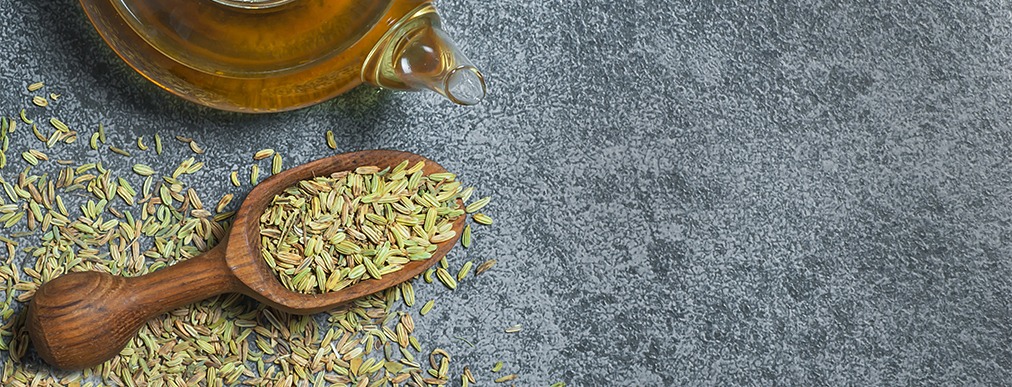First things first, what is fennel?
Fennel is a plant that comes under the parsley family and is commonly identified by its characteristic yellow flowers. The leaves are feathery and the plant is usually aromatic. Fennel is a hardy plant and is indigenous to the Mediterranean, especially near the shores. If you want to cook, then you can use the bulb, flowers, and seeds of the fennel. However, seeds are most commonly used while making herbal medicine.
Although fennel has an array of uses, the most common use of it is to relieve constipation.
Advantages of fennel for relieving constipation
Substances that help relieve symptoms of constipation by inducing bowel movements are known as laxatives. Several studies attest that fennel is one such natural yet effective laxative. Some of the advantages that come with fennel are:
They are fibre-rich
It might be tiny but it is full of fibre. A tablespoon (6 grams) of fennel seeds have the potential to give you about 2 grams of fibre. If you compare it with an apple, it has about 3-4 grams of fibre. The daily recommended amount of dietary fibre that you should consume is up to 25–30 grams. When you have constipation, the fibre in fennel seeds helps bulk-up and cease loose or runny bowel movements.
When you add fibre to your diet, it helps relieve constipation and generally keep things moving properly in the digestive tract.
Anti-inflammatory
Fennel seeds are known for reducing inflammation and also helps soothe swelling or irritation caused in the intestine. They also help relax muscles in the intestines which has the power to relieve constipation. Soothing muscles in the stomach help relieve gassiness that’s caused due to constipation or acid reflux. The key ingredient in fennel seeds that provides beneficial effects is called Anethole.
Boasts antispasmodic action
The antispasmodic quality that is present in the fennel relies on the fact that categories of muscles in a human body can be bifurcated into voluntary and involuntary muscles. As the name suggests, voluntary muscles are under your conscious control. For instance, moving your head or hands. Involuntary muscles on the other hand do not need your conscious control like the muscles controlling gastrointestinal motility. So in situations where your gut is less than stellar, the involuntary muscles lining the gut undergo unpredictable spasms. This is where fennel seeds come to the rescue by enabling themselves to relieve these involuntary spasms and restore the normal contractility of your gut’s smooth muscles.
Now the question arises, how do you consume them?
Well, you can eat them raw or you can make tea. This concept is gaining popularity among people who face digestive problems. Moreover, you can easily make this at home either by using the seeds or the roots. All you need to do is:
1. Boil water and pour into the mug (you don’t have to boil the seeds directly as high-temperature damages the nutrients present)
2. Put 1 teaspoon of fennel into your cup
3. Cover it up and wait for 10 minutes before you consume it
Conclusion
Fennel seeds are highly beneficial for alleviating constipation, reducing inflammation, and promoting healthy digestion. Furthermore, it is one of the main ingredients used in best laxatives for constipation like KABZEND, a unique ayurvedic based formula for all your Kabz related problems.
Disclaimer This blog solely intended for the educational/informational/awareness purposes and is not a substitute for any professional medical advice, diagnosis or treatment. Please consult your doctor/healthcare professional before acting on the information provided on the blog. Reliance on any or all information provided in the blog, is solely at your own risk and responsibility. Mankind Pharma Limited shall not be held liable, in any circumstance whatsoever.

 March 8, 2021
March 8, 2021